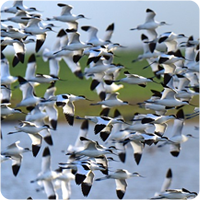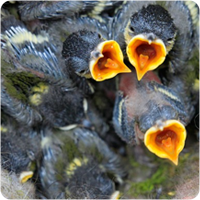Het arrangement Global temperature h45 is gemaakt met Wikiwijs van Kennisnet. Wikiwijs is hét onderwijsplatform waar je leermiddelen zoekt, maakt en deelt.
- Auteur
- Laatst gewijzigd
- 11-05-2025 22:24:57
- Licentie
-
Dit lesmateriaal is gepubliceerd onder de Creative Commons Naamsvermelding-GelijkDelen 4.0 Internationale licentie. Dit houdt in dat je onder de voorwaarde van naamsvermelding en publicatie onder dezelfde licentie vrij bent om:
- het werk te delen - te kopiëren, te verspreiden en door te geven via elk medium of bestandsformaat
- het werk te bewerken - te remixen, te veranderen en afgeleide werken te maken
- voor alle doeleinden, inclusief commerciële doeleinden.
Meer informatie over de CC Naamsvermelding-GelijkDelen 4.0 Internationale licentie.
Aanvullende informatie over dit lesmateriaal
Van dit lesmateriaal is de volgende aanvullende informatie beschikbaar:
- Toelichting
- Deze les valt onder de arrangeerbare leerlijn van de Stercollectie voor Engels voor havo, leerjaar 4 en 5. Dit is thema 'Environment'. Het onderwerp van deze les is: Global temperature. In deze les staat klimaatverandering centraal. Hierbij worden een aantal oorzaken en gevolgen besproken en vogelmigratie komt aan bod. De grammaticaopdracht behandelt het gebruik van het woord 'wish'.
- Leerniveau
- HAVO 4; HAVO 5;
- Leerinhoud en doelen
- Engels;
- Eindgebruiker
- leerling/student
- Moeilijkheidsgraad
- gemiddeld
- Studiebelasting
- 4 uur 0 minuten
- Trefwoorden
- arrangeerbaar, climate change, engels, global temperature, h45, klimaatverandering, stercollectie, vogelmigratie, wish

 Introduction - Global temperature
Introduction - Global temperature


 Listening & Speaking
Listening & Speaking Reading
Reading

 Grammar
Grammar Speaking
Speaking
 Task: Writing an email (a report)
Task: Writing an email (a report)
